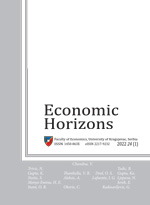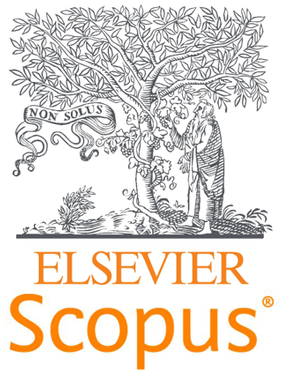SMART GOVERNANCE: PAYMENT TRANSACTION ELECTRONIFICATION ACCEPTANCE IN NORTH SUMATRA PROVINCE, INDONESIA
Dias Satria1, Tiara Juniar Soewardi2 and Joshi Maharani Wibowo3
1University of Brawijaya, Faculty of Economics and Business, Indonesia
2University of National Development “Veteran”, Faculty of Economics and Business, Indonesia
3University of Surabaya, Faculty of Business and Economics, Indonesia
The policy of the electronification of regional payment transactions (ERPT) is one of the innovations implemented by Indonesia due to the COVID-19 pandemic so as to increase the economic activity and revenue. This study is aimed at increasing the understanding of smart governance, the contactless economy, and regional income in North Sumatra Province, Indonesia, and globally the new normal and the post-COVID-19 eras. This research study was carried out using the primary data obtained through questionnaires in 2021 applying the purposive sampling method and processed using the Structural Equation Model-Partial Least Square (SEM-PLS) models. Based on the six hypotheses proposed in this study, the results show that performance expectancy, the social influence, and the facilitating condition have a positive and significant impact on the behavioral use of the noncash payment transactions of taxes and levies in North Sumatra Province. On the other hand, the effort expectancy has no significant impact on the cashless transaction of paying taxes and levies in the North Sumatra Province.
Keywords: contactless economy, smart governance, regional payment transaction electronification
JEL Classification: G28, H59




